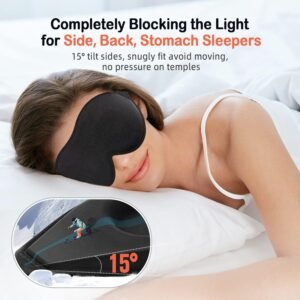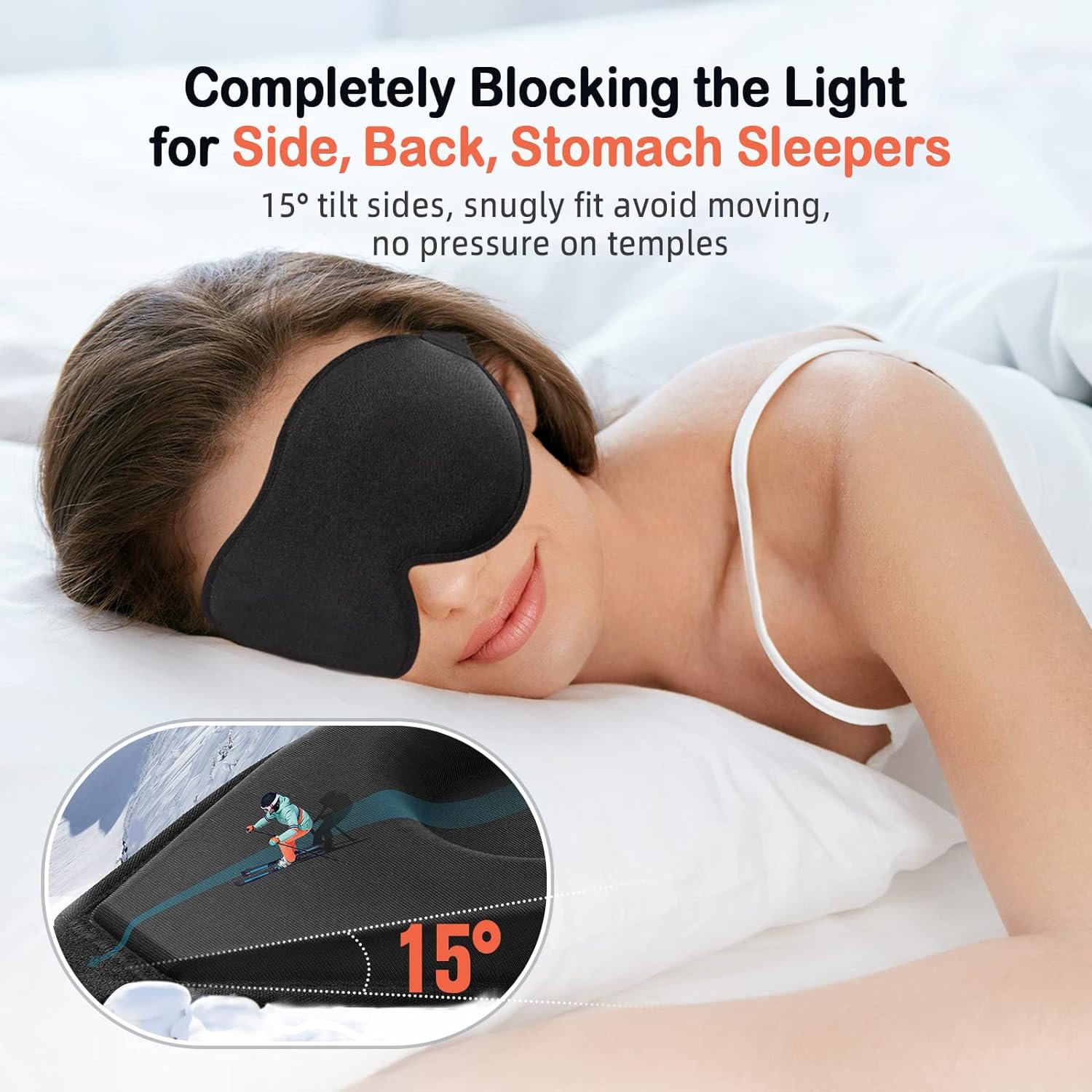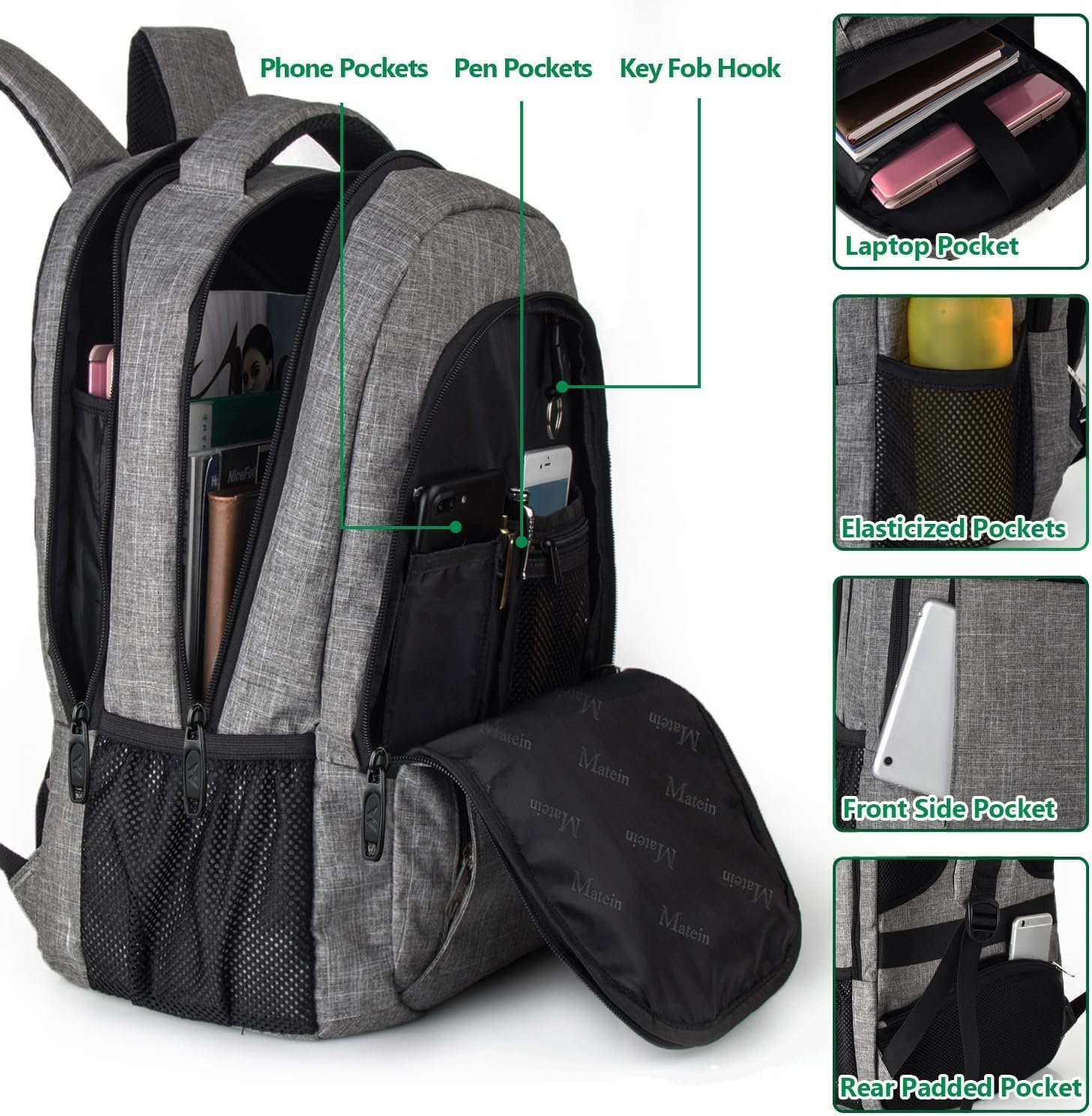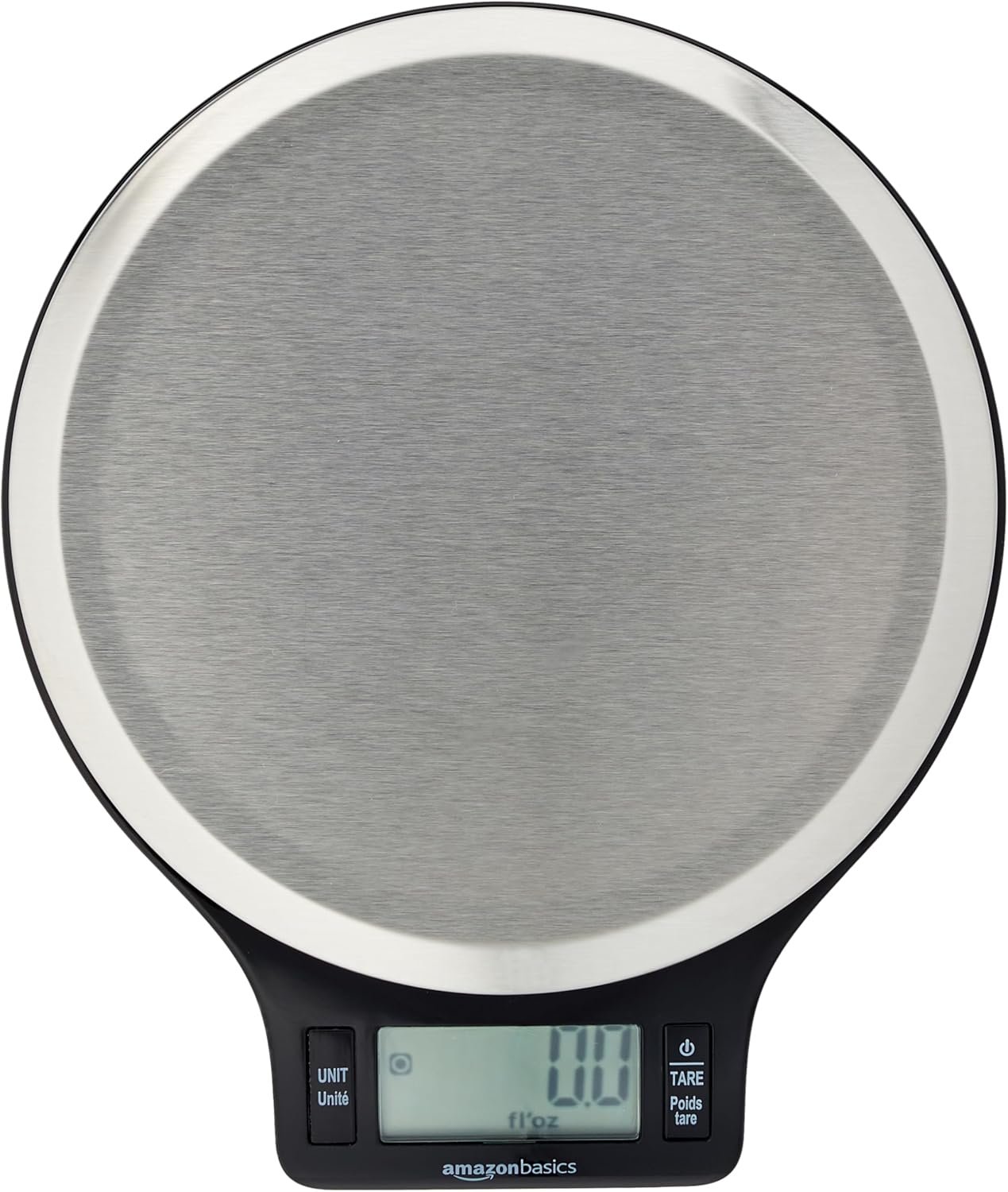
10 Surprising Habits That Could Be Keeping You Awake at Night
Introduction
Falling asleep quickly can sometimes seem like an elusive goal. What’s often overlooked are the seemingly harmless habits that can actually hinder your ability to drift off. In this blog post, we’ll uncover ten surprising habits that might be sabotaging your speedy sleep. By recognizing and addressing these behaviors, you can pave the way for better sleep quality and fall into slumber with ease.
Section 1: Screen Time Before Bed
In the digital age, many of us are guilty of late-night scrolling. But did you know that screen time before bed can wreak havoc on your sleep? The blue light emitted by screens interferes with melatonin production, the hormone that regulates sleep. This disruption makes it harder to fall asleep quickly. To combat this, try reducing screen time in the evening. Set a digital curfew an hour before bed, and consider using blue light filters on your devices. Transitioning to a regular sleep routine will become easier without the interference of late-night screen time.
Section 2: Inconsistent Sleep Schedule
An erratic sleep schedule can throw your body’s internal clock, or circadian rhythm, out of whack. This disruption makes it difficult to achieve fast sleep. Strive for consistency by going to bed and waking up at the same time every day, even on weekends. This helps regulate your body’s sleep-wake cycle, making it easier to drift off. As you establish a regular sleep routine, you’ll find it simpler to manage other sleep-influencing habits.
Section 3: Consuming Caffeine and Sugar Late in the Day
Late-day indulgences in caffeine or sugar can keep you wired when you should be winding down. Caffeine stimulates the nervous system, while sugar spikes can lead to energy crashes and restless nights. To enhance your ability to fall into slumber, avoid caffeinated beverages and sugary snacks in the late afternoon and evening. Opt for calming alternatives like herbal tea. By cutting out late-day stimulants, you’ll set the stage for more restful nights and a smoother transition into sleep.
Section 4: Stress and Anxiety
Stress and anxiety are major sleep disruptors. When your mind is racing, it’s tough to fall asleep quickly. To mitigate this, develop a pre-bedtime routine that includes relaxation techniques. Practices like mindfulness, deep breathing exercises, or even a warm bath can help calm your mind. Incorporating these habits can significantly improve your ability to achieve speedy sleep, paving the way for a better night’s rest.
Section 5: Poor Sleep Environment
A sleep-friendly environment is crucial for restful nights. Noise, light, and temperature all play a role in your ability to drift off. Ensure your bedroom is quiet, dark, and cool. Investing in comfortable bedding and sleep accessories can make a world of difference. Consider the LitBear Sleep Mask for Side Sleeper Women Men. This mask blocks out light completely, ideal for side, back, and stomach sleepers. With its 3D contoured cup design, it allows you to blink freely without pressure on your eyes. Its soft, breathable materials ensure comfort for travel, naps, and yoga. Creating a conducive sleep environment can significantly enhance your ability to fall into slumber.

Section 6: Eating Heavy Meals Late at Night
Late-night eating can disrupt your digestive system and, in turn, your sleep. It’s best to have your last meal at least two to three hours before bedtime. If you get hungry closer to bedtime, opt for light snacks like a small bowl of oatmeal or a banana. These are easier to digest and less likely to keep you awake. By managing your meal times, you’ll help your body relax and prepare for a night of fast sleep.
Section 7: Lack of Physical Activity
Physical activity is not just good for your body; it’s also beneficial for your sleep. Regular exercise can help you fall asleep quickly and improve overall sleep quality. Aim for at least 30 minutes of moderate exercise most days of the week. However, avoid vigorous workouts close to bedtime as they can be stimulating. Exercising earlier in the day will help you achieve better sleep at night and create a healthier sleep routine.
Conclusion
By recognizing and adjusting these ten surprising habits, you can greatly enhance your ability to fall asleep quickly and enjoy a more restful night. Small changes in your daily routine can lead to big improvements in your sleep quality. Consider integrating the LitBear Sleep Mask into your sleep environment for an added boost in achieving speedy sleep. With its light-blocking and comfortable design, you’ll find it easier to drift off effortlessly.
Call-to-Action
We’d love to hear your thoughts! Leave a comment below sharing your experiences with any of these habits and the changes you’re planning to make. Don’t forget to share this post with anyone who might benefit from these tips. And if you’re looking for a practical solution to improve your sleep environment, check out the LitBear Sleep Mask for a comfortable and light-blocking sleep experience.
FAQ
How can I fall asleep fast right now?
Falling asleep quickly can be facilitated by several techniques. Consider reading a book, taking a warm bath or shower, practicing deep breathing exercises, or sipping on chamomile tea, which contains antioxidants that promote sleepiness. It’s also crucial to unplug from screens and blue light-emitting devices like cellphones, computers, and televisions at least an hour before bedtime.
What is the 10-3-2-1-0 rule for sleep?
The 10-3-2-1-0 rule is a guideline to help improve sleep quality and speed. It suggests: 10 hours before bed, no more caffeine; 3 hours before bed, no more food or drink; 2 hours before bed, no more work; 1 hour before bed, no more screen time; and 0 is the number of times you should hit the snooze button in the morning. Following this rule can help create a more conducive environment for falling asleep quickly.
What is the military method of falling asleep?
The military method is a technique designed to help individuals fall asleep quickly, often used by soldiers. It involves a series of steps: first, take slow, deep breaths and focus on your breathing. Next, relax all the muscles in your face, starting from the forehead and moving downward over your cheeks, mouth, and jaw. This method aims to reduce stress and promote relaxation, making it easier to fall asleep swiftly.



